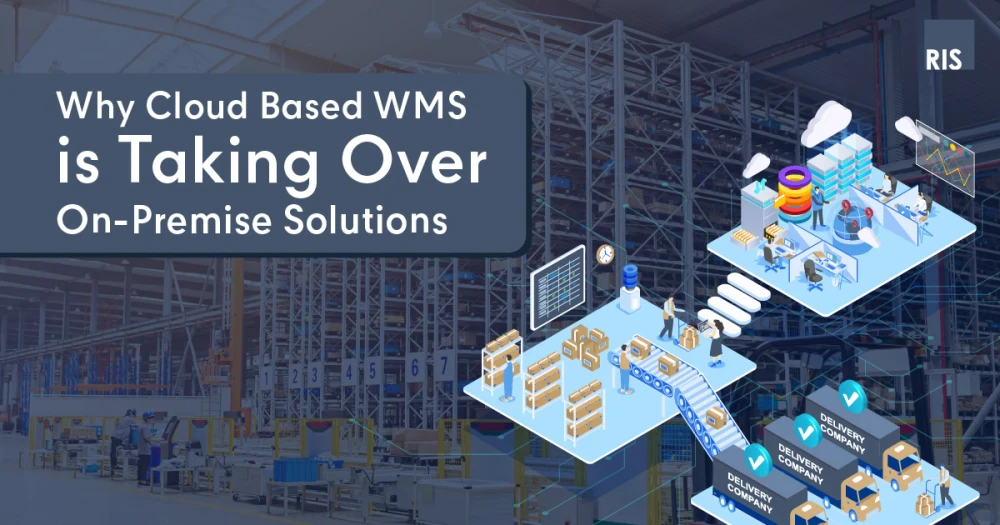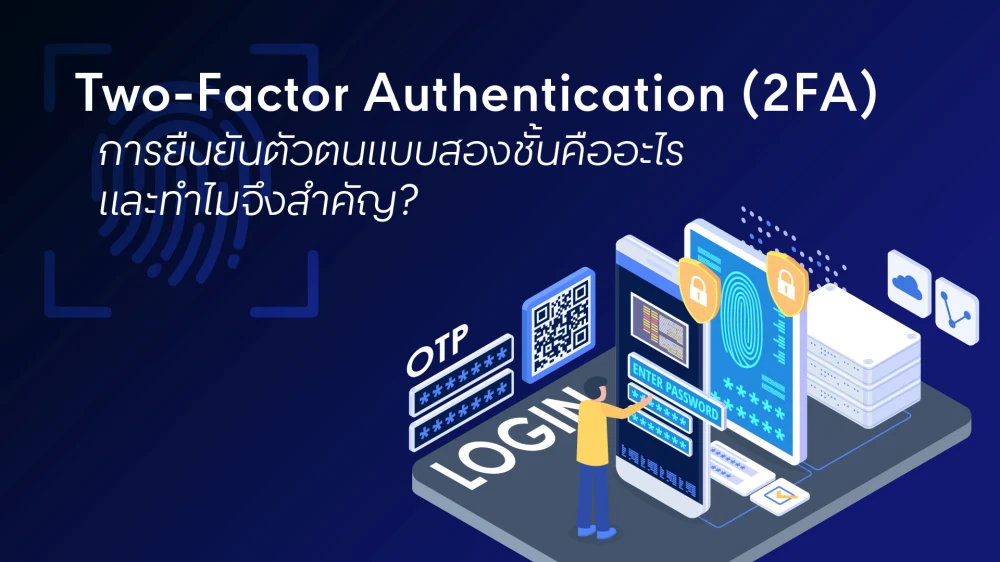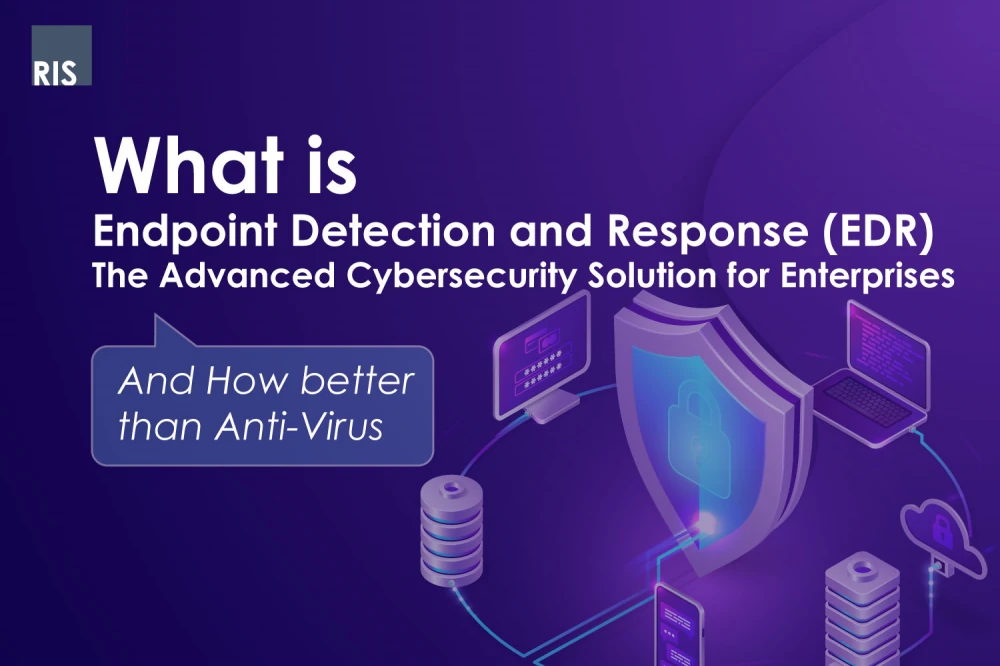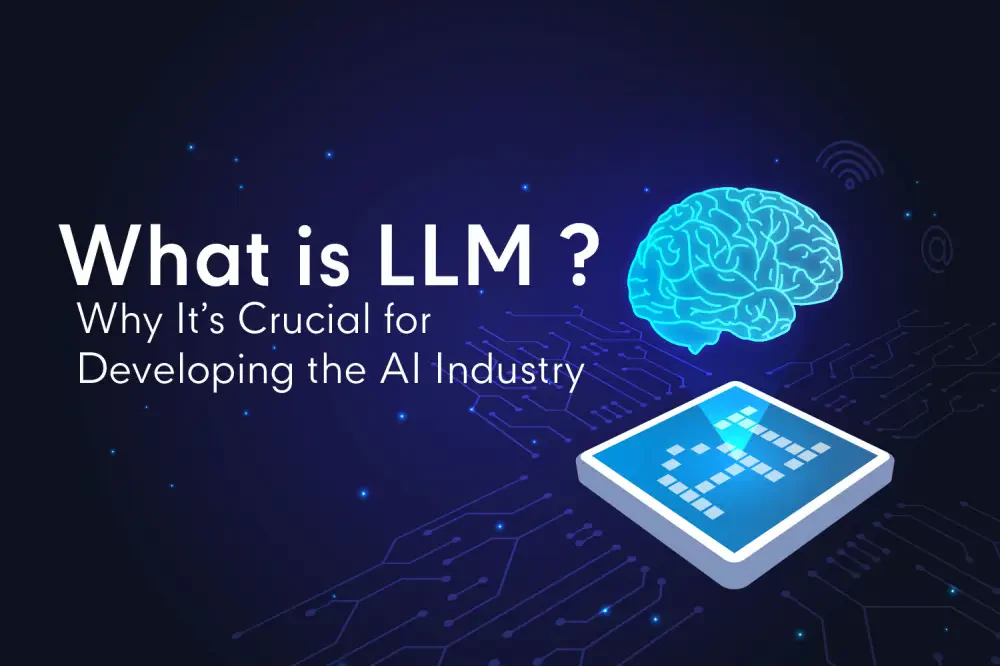5 Things You Must Know Before Using AI at Work
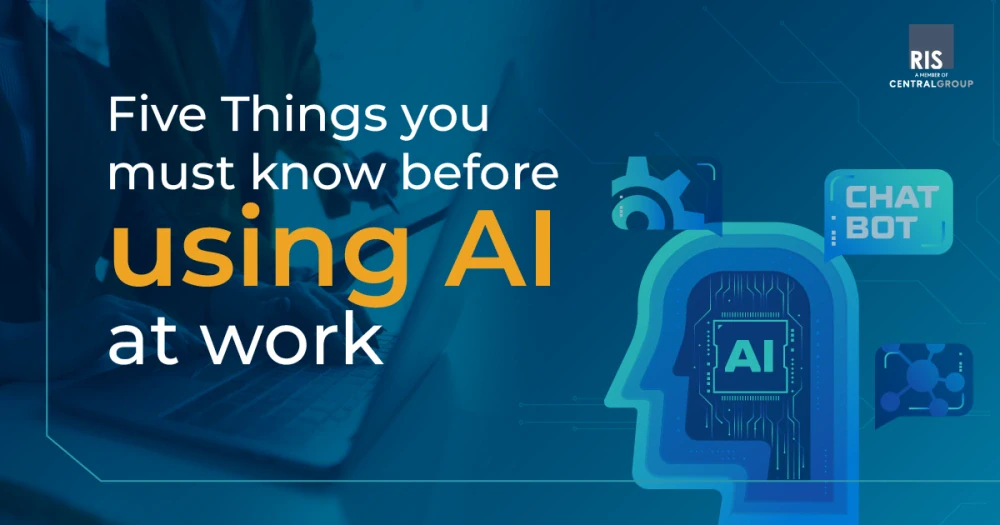
Generative AI is becoming an increasingly popular tool-not only among tech professionals but also everyday users. From creating beautiful images to helping with research and content generation, its ease of access (comparable to social media) and the fact that many tools are free have led to rapid adoption in both personal and professional settings. With more companies now encouraging employees to build AI skills, understanding the risks and considerations is more important than ever. Here are 5 things you must know before using Generative AI to help your work.
What is Generative AI?
Generative AI is a form of artificial intelligence that can create new contentsuch as text, images, music, or code-based on the data it has been trained on. Unlike traditional AI that only analyzes or categorizes, generative AI can actually produce original outputs like articles, designs, or songs in ways that mimic human communication and creativity.
5 Things You Must Know Before Using AI at Work
1. The Output May Not Be 100% Accurate
Generative AI provides answers based on training data, which may be outdated or contain inaccuracies. Additionally, most AI models don’t include built-in fact-checking systems. This can lead to a phenomenon known as AI hallucination, where the tool generates misleading or entirely false responses.
2. Always Review the Output Before Using It
AI can be extremely helpful-but human oversight is still essential. This approach, often called Human-in-the-Loop, ensures that results are context-appropriate and align with business goals. If you plan to use the output commercially, you may also need to assess potential copyright issues.
3. Understand Your Organization's AI Policy
Some companies fully embrace AI use among staff, others restrict or prohibit it altogether. Make sure you understand whether your workplace allows the use of AI tools, and if so, under what guidelines or limitations.
4. No Single AI Can Do Everything
While Generative AI can deliver impressive results, users must understand both its capabilities and its limitations. As of today, no single AI model is capable of doing everything well. Even though many AI tools are versatile, each one is developed with different goals in mind-meaning they excel in specific areas. Choosing the right AI tool for the task is crucial to achieving accurate and effective outcomes.
5. Avoid Submitting Confidential Information
Generative AI tools often allow users to upload documents, enter prompts, or even share photos. However, you should never input sensitive or confidential information. AI systems may retain user input and use it to train future models, which can lead to data leakage or unintended exposure. You never truly know where your data is stored, who has access to it, or how it might be used later. This creates compliance risks—particularly under regulations like PDPA (Thailand) or GDPR (EU).
Public AI vs. Enterprise AI: Know the Difference
Most free AI tools (like ChatGPT, Google Gemini, Claude AI, DeepSeek, etc.) fall into the Public AI category, where user data may be retained or used to improve the tool itself. In contrast, Enterprise AI is designed for business use. It typically ensures that:
- Your data is not used to train public AI models
- Information is stored securely in a private cloud or on-premise environment
- The tool complies with security standards and data privacy laws
- You can connect AI to internal systems like CRM, ERP, WMS, or TMS
- Custom fine-tuning is possible for organization-specific tasks
Enterprise-grade AI platforms are safer and more suitable for sensitive or strategic work, offering businesses control over data usage and risk.
Conclusion
Generative AI can significantly boost productivity and reduce workloads—but only when used responsibly. Organizations must remain vigilant, especially when it comes to data security and internal confidentiality. Public AI systems should be used with caution, and never with sensitive information. By adopting secure, enterprise-level solutions, companies can maximize the benefits of AI without exposing themselves to unnecessary business risks.
